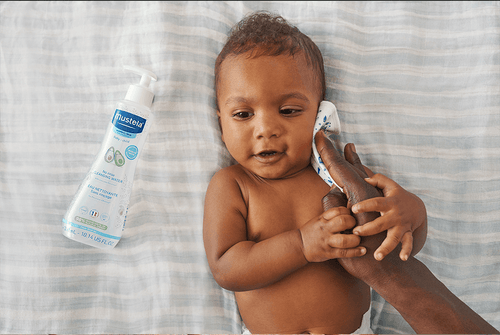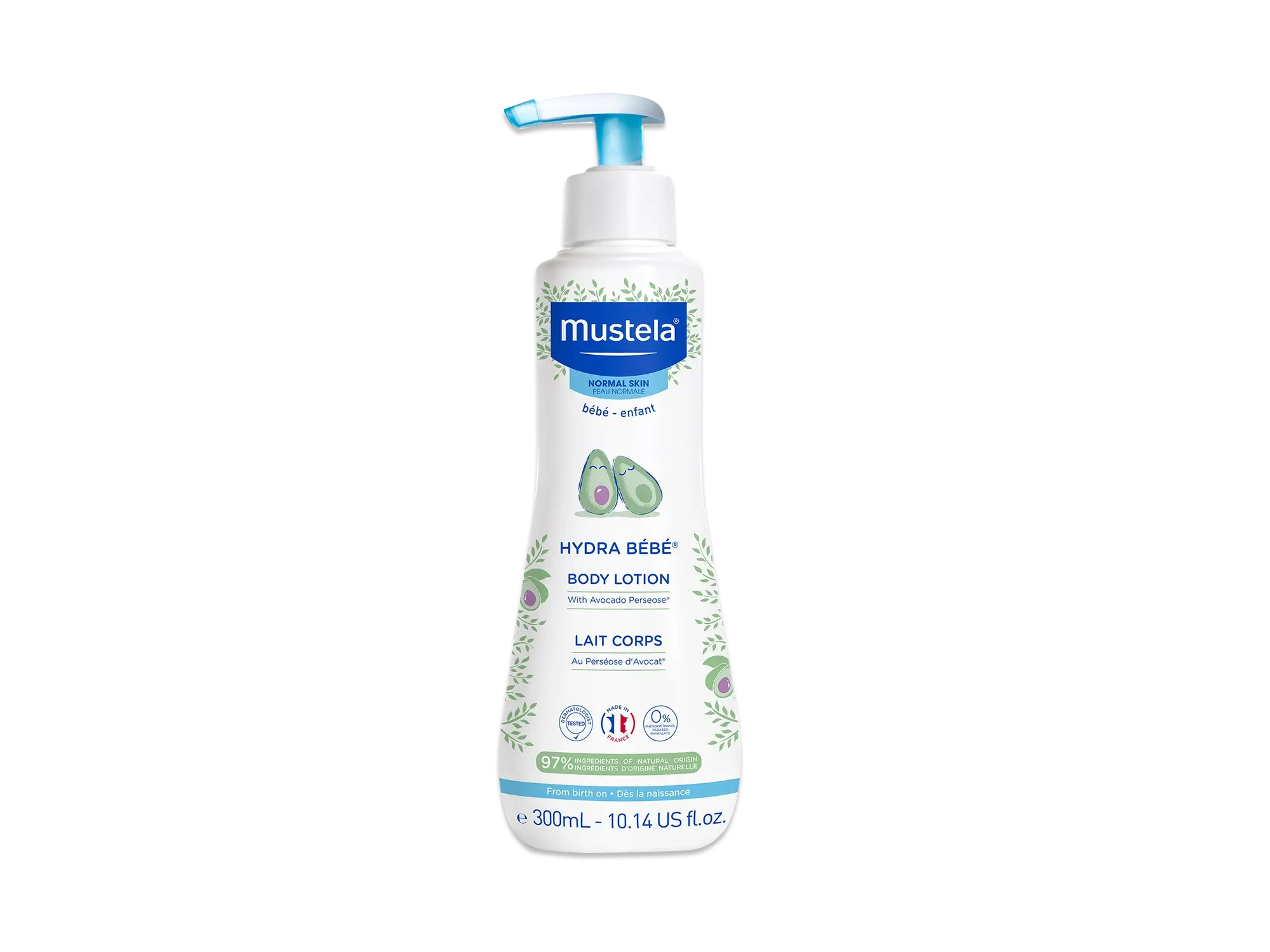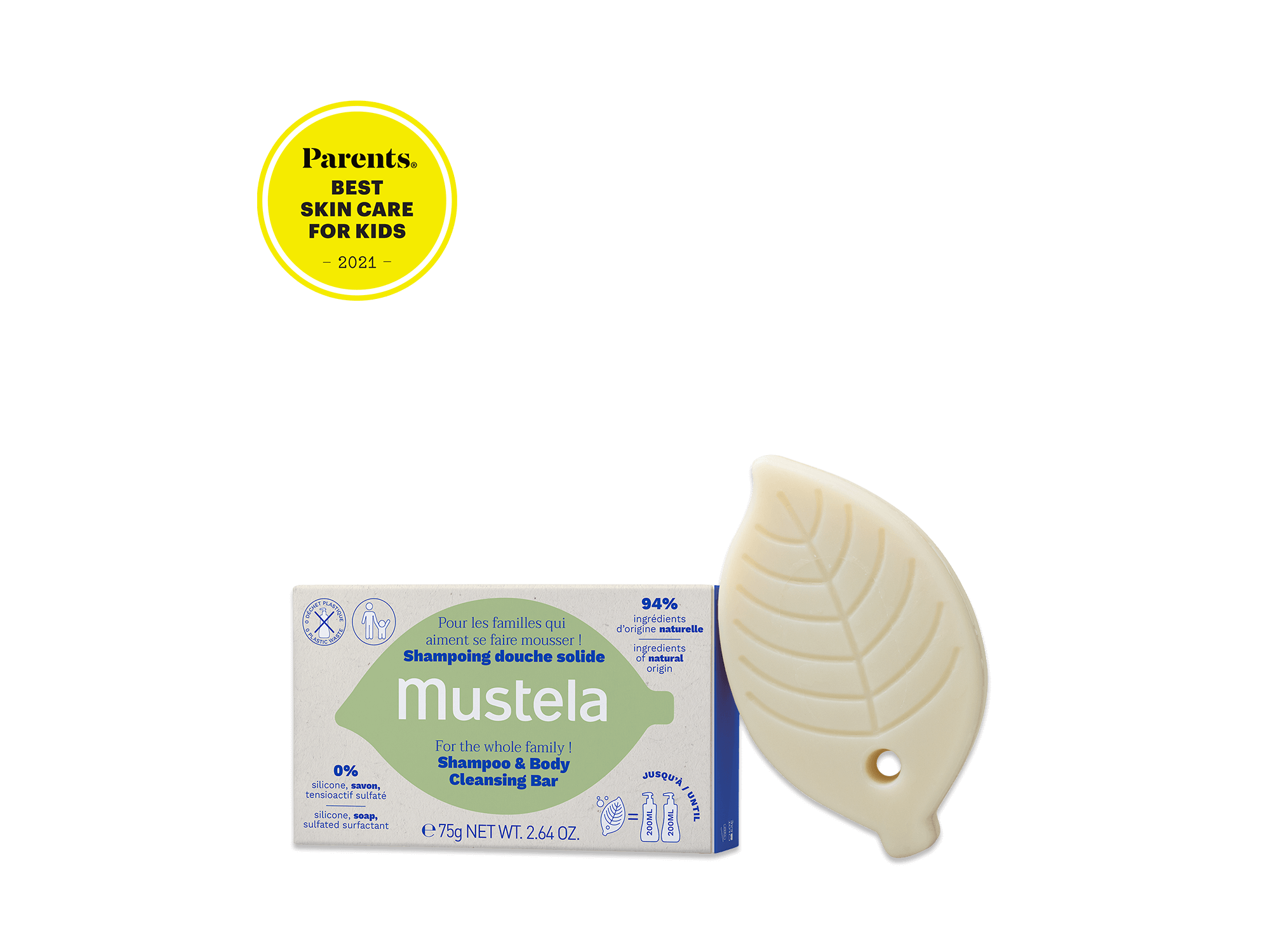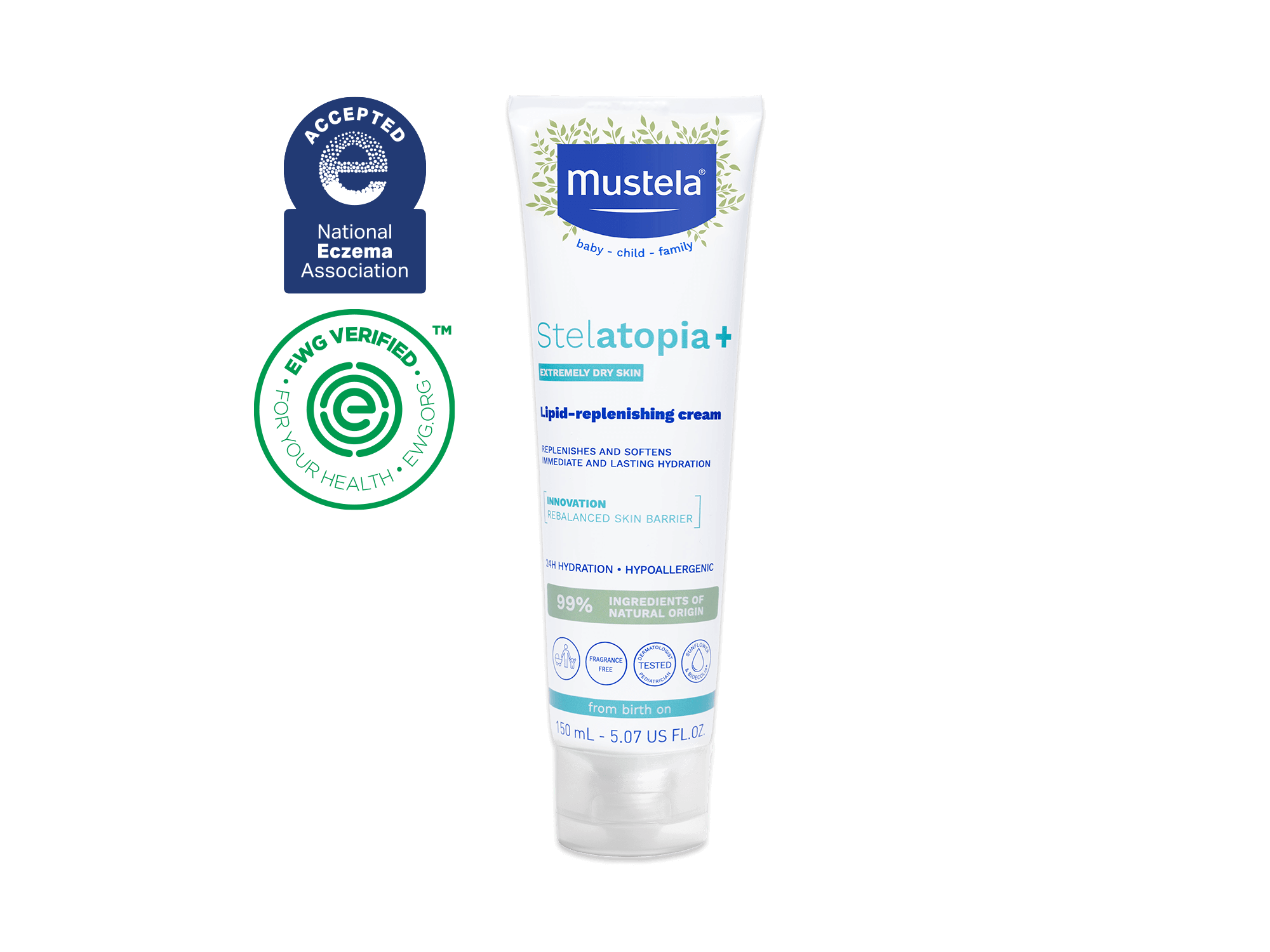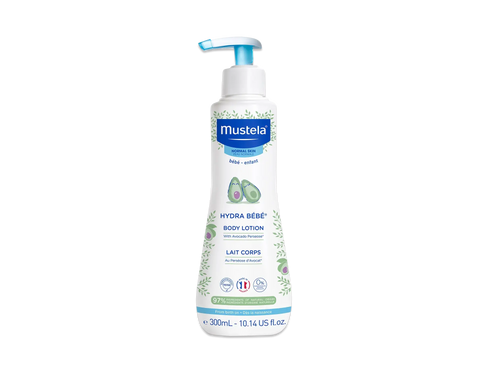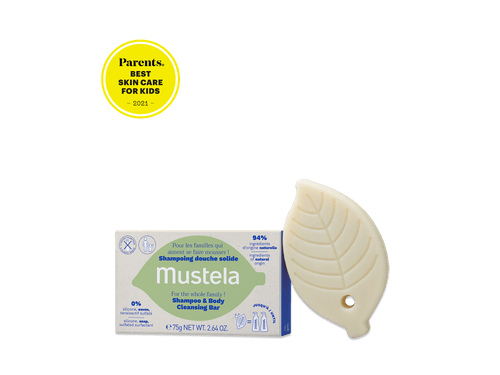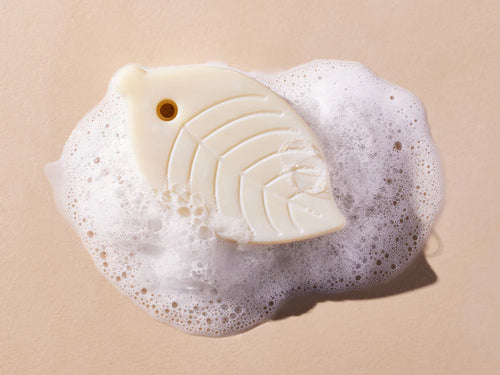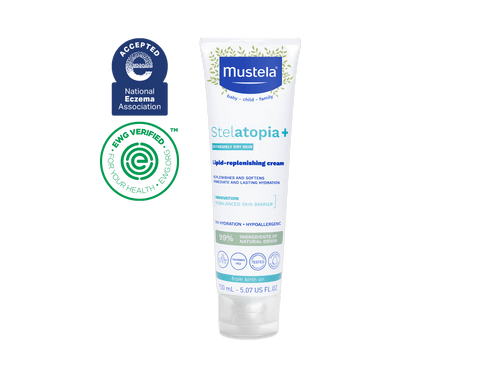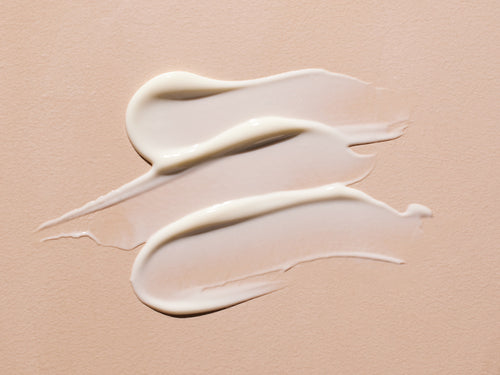You’re toggling between mealtime and naptime much of the day, but maybe you wonder what else you should be doing with your little one. What activities for babies will help their development?
In this article, we’ll share fun activities to stimulate your baby during that first precious year of life. We’ll also provide safety considerations to keep in mind as you play together.
Key Takeaways
- Activities for babies range from singing, reading a book, and taking a bath to sliding on a blanket, balancing a beanbag, and playing at an activity table.
- Play is important for newborns because it stimulates their mental, physical, and emotional development.
- When playing with your baby, keep safety top of mind. Remove hazards in the room before beginning an activity, and opt for playing on a firm surface on the floor rather than an elevated one.
- Supervise your baby at all times and be gentle, avoiding shaking or rough handling.
The Importance Of Activities For Babies

Daily play is key for your baby’s mental, physical, and emotional development. Let’s take a look.
Mental Development
Playing stimulates a baby’s cognitive development. Activities for babies like reading and sensory play help their brains form neural connections important for problem-solving and memory.
Physical Development
Physical activities, like crawling and sitting, strengthen your little one’s muscles, whereas toys and rattles help them practice gross and fine motor skills.
Emotional Development
By engaging in activities with your baby, you’re building your bond and helping them develop social and emotional skills.
20 Activities For Babies From Newborn To 12 Months
1) Tummy Time
Let your little one lie on their tummy for short periods of time. This will strengthen their neck, arm, and leg muscles, preparing them for rolling and sitting.
2) Making Silly Faces
Stick out your tongue and cross your eyes. Making silly faces at your baby is sure to solicit a smile! They’ll learn to imitate you, and it’s a fun way to bond.
3) Cuddling
The benefits of cuddling your baby are many. This activity builds your relationship and your baby’s emotional security. Additionally, physical touch simulates brain growth.
4) Sing-Along
Your little one loves to hear your voice, on-key or not. Singing helps their speech and language development, strengthens your bond, and supports their growing brain.
5) Storytime

Pick up a board book and read a simple story to support your baby’s language development. Daily storytime will also bolster their social and emotional growth.
6) Bathtime
Another fun activity with your baby is bathing them. Not only will your little one be fresh and clean, but you’ll get extra one-on-one time together.
Mustela Gentle Cleansing Gel is a great bathtime companion, as it cleans gently without stripping beneficial oil from your baby’s skin. Another top pick is our Stelatopia Cleansing Gel, specifically formulated for eczema-prone skin and made of 98% natural ingredients.
7) Baby Massage
A baby massage promotes bonding, improves baby’s sleep and digestion, and enhances their emotional well-being.
When it’s time for a massage, Mustela soothing Baby Oil is a great choice. It’s composed of 99% natural ingredients and enriched with a blend of Pomegranate Seed Oil, Sunflower Seed Oil, and Avocado Oil.
8) Enjoying The Outdoors
If it’s a nice day, take a walk outside. Place baby in the stroller or in your front carrier and enjoy the fresh air! A little time in the sun each morning will also reset baby’s circadian rhythm, making them a better sleeper.
9) Crawling
Crawling supports a baby’s coordination, balance, strength, and stability. Encourage your little one to push up on their hands and knees and start cruising.
10) Splashing Water
Playing with the water is a fun sensory experience for your baby, plus it supports their cognitive development and social skills.
11) Mirror Play

Your baby will be mesmerized by the sight of themselves in the mirror! They’ll learn to focus, track images, and explore the funny things their face can do.
12) Dancing
Dancing together is a great way to spend the afternoon. Your little one will love the one-on-one time, and the music and movement will keep their brain and body growing smarter and stronger.
13) Playing Peekaboo
The classic game of peekaboo is always a crowd-pleaser for babies. It stimulates anticipation, critical thinking, and visual tracking.
14) Musical Play
Get out a rattle or another baby-safe instrument and let your little one jam out! Your creative little music maker will love expressing themselves with sound.
15) Sensory Play
Much of the first year's activities are centered around baby’s senses of sound, touch, and sight. Find crinkly books, rattles, or other engaging playthings that will stimulate and delight.
16) Playing With Simple Toys
Let your baby play with simple toys (like blocks and balls, books, activity cubes, and stackers) that support their first-year milestones.
17) Sliding On A Blanket
Place baby on a blanket and gently pull them slowly across the floor. Your baby will love the thrill of the unexpected movement.
18) Balancing A Beanbag
For older babies, get a soft beanbag and challenge them to balance it on their head. This helps them learn to control their body, practicing their motor skills and coordination. Save this activity for when baby is sitting up unassisted.
19) Stepping And Reaching
Encourage your older baby to practice taking a step and reaching for a toy. With a little practice, your baby will be walking in no time.
20) Activity Tables
Activity tables provide lots of opportunities for baby’s interactive and sensory play. Keep in mind your child will have to sit or stand (depending on the model) first.
Safety Considerations When Playing With Your Baby

When playing with your baby, always keep safety in mind. Here are a few things to remember.
Remove Hazards
Be sure the area where your little one is playing is free of anything that could cause harm, such as small objects or items with sharp corners.
Opt For A Firm, Low Surface
When engaging in activities with your baby, use a safe, firm surface like a playmat. It’s also important to make sure the surface is low. Although it may seem convenient to play with your baby at eye level, this is dangerous.
Do not play on counters or other elevated surfaces where your baby could fall. The floor works great!
Supervise Closely
Whenever enjoying activities with your baby, keep your eyes on them at all times. Set up your space to minimize distractions such as phone calls or screens.
Avoid Shaking Movements
Since your baby is just beginning to develop their neck muscles, it’s important not to shake them when playing. A baby’s brain and body are very fragile at this young age.
Joyful Moments With Mustela

Now that you have lots of activities for babies that you can choose from, it’s time for you and your baby to have fun together. You just have to decide which activity is first.
If the activity du jour is giving a bath or baby massage, Mustela can help. Our tear-free Gentle Cleansing Gel cleans and nourishes your baby’s skin without stripping it of natural oils. After the bath, use our Baby Oil made with 99% natural ingredients.
At Mustela, we take joy in creating natural, organic products that will soothe your baby’s skin at the end of a fun-filled day.
Frequently Asked Questions
How do I know if my baby is ready for a new type of activity?
Your baby can try a new activity if they have the physical ability to do it safely. If there’s no question of safety, just follow your baby’s cues when you try the new activity. A smile will reassure you that you’re on the right track.
Do babies get bored with doing the same activity?
Yes. Babies can get bored when playing with the same toys or doing the same thing every day. The secret is to switch activities and the surroundings when you can. Your baby is hungry for new experiences and challenges!
What red flags should I watch out for in my baby?
Playing with your baby provides a good opportunity to check for red flags that might indicate developmental delays. These include not tracking objects with their eyes, not responding to noises, not smiling at people, and not showing affection.
If you do notice this behavior, talk with your pediatrician as early intervention is key to supporting their growth.

